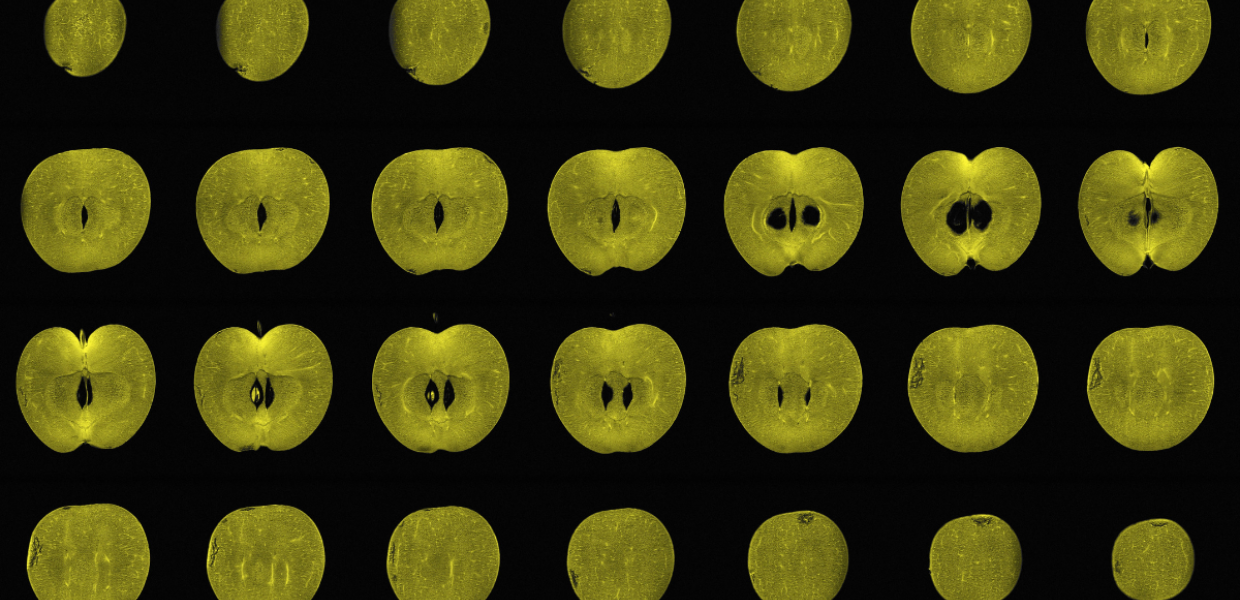Digital programming, or Europeana’s webinar and events programming, increased dramatically as a result of the ‘new normal’ of COVID-19. This was a new area of priority, and one in which many colleagues within the Europeana initiative have been involved. We took the opportunity to understand the impact that Europeana’s digital programming, mainly webinars and online participatory meetings, have for participants.
Methodology
We worked to develop a standard data collection protocol for Europeana’s digital (and other) events, in which data is collected at the registration stage (demographic information, confidence in the topic), and via a post-event survey sent to participants of all events. This protocol further embeds evaluation in Europeana by standardising its approach to data collection. It also reflects a reflective and learning approach, through which improvements can be made on an iterative basis as recommendations are shared.
We set in place a confidence rating in the topic that could be assessed before the event and then again afterwards. Unlike previous pre- and post-event surveys, we also trialled a way to capture some identifying information (first name and country) that would help us understand impact on an individual level.
This report presents preliminary insights into the knowledge outcomes experienced by attendees at Europeana’s digital events, namely webinars. This is a very light touch report. Only two webinars were surveyed due to the need at the time to understand if the methodology was appropriate to use and to feed into the summary report on 10 impact assessment reports, due in June 2020 as a milestone under the DSI-4 project. This is acknowledged as a limitation to the perspectives presented below, but it also sets in place a mechanism for further assessment of participant experiences going forward.
Findings
This was the first programme of events for which Europeana has been able to track audience demographics. There were more non-ENA members than ENA members registered for the events, suggesting that the opportunities reached an audience beyond only our network.
The largest group of attendees were those aged between 35-44 followed by those aged 45-54. Least represented were young people (18-24) and those over 65+ (retired). The digital events are largely female-dominated.
The majority of the audience did not consider themselves to have a disability. When respondents suggested that they did have a disability, there were no concrete suggestions given about how Europeana could better facilitate access to its services.
A wide geographic range of attendees were attracted to events, including those outside of the EU, from regions such as Canada, the US, Russia, the Western Balkans, Saudi Arabia and Mexico.
We were able to track confidence levels on an individual level before and after the webinar. The data show us that the majority of participants found that their confidence levels in the topic increased after the webinar.
Recommendations
The digital programming series has just begun and the cross-team delivering it are ambitious - see, for example, the webinars page which illustrates the number of events that have been programmed from a relatively low baseline. The results that emerge after each webinar should be regularly reviewed to assess the outcomes that are emerging. Furthermore, further insights could be captured through interviews or focus groups with members.
Validation and use of these findings
These results were shared with the Members’ Council of the Europeana Network Association and organisers of events, for example, the Communicators’ Community. Feedback was assessed and incorporated where appropriate. The findings have informed future programming (content and audience needs). They have also informed broader conversations on how we measure the impact of our digital events and how we set targets and KPIs to continue to grow the audience engaged in our activities.
This report was designed to be a first and light-touch attempt to evaluate how our impact assessment procedures at digital events were operating. Data are being collected on an ongoing basis and a more in-depth assessment is due in mid to late 2021.
You can download and read the full report through the link below.


